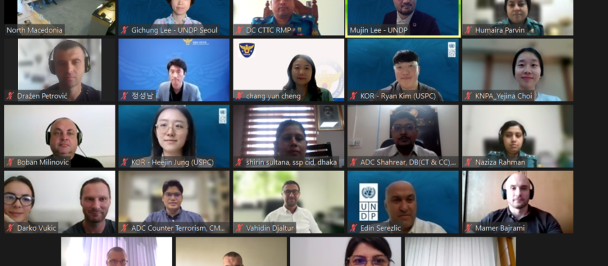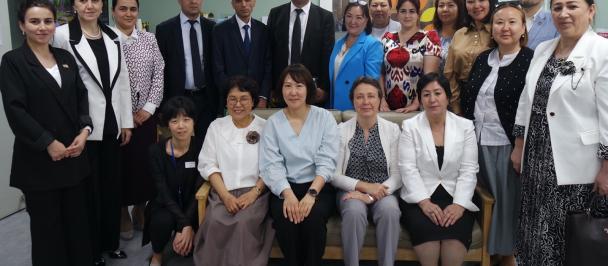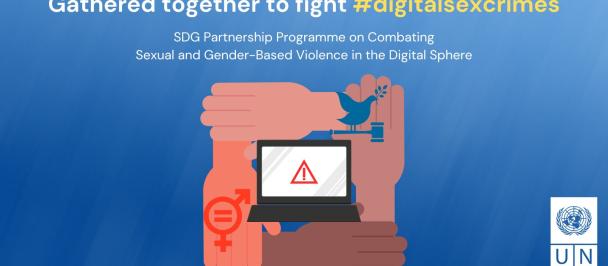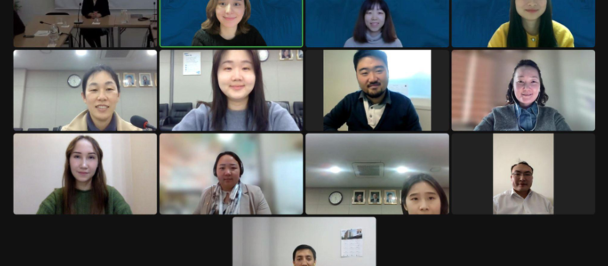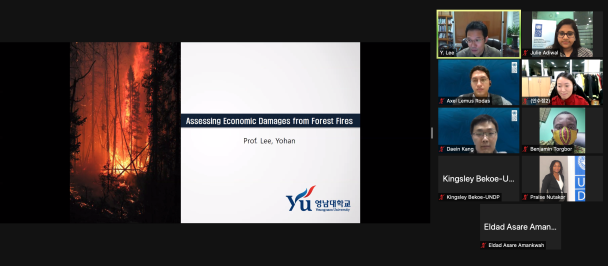Uzbekistan delegation visits Korea to learn from the ‘Clean Portal’ corruption reporting mechanism
September 15, 2023
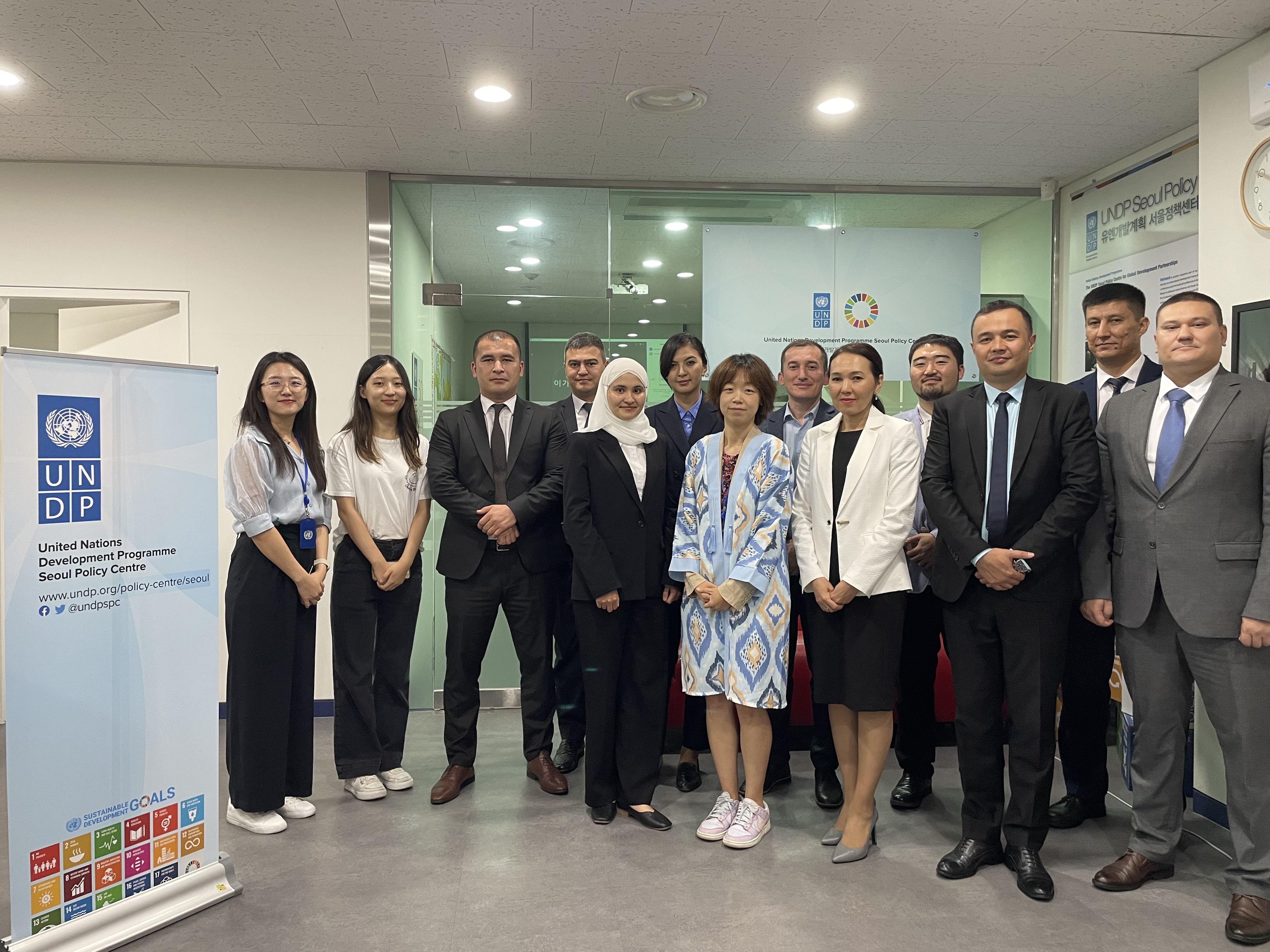
UNDP Seoul Policy Centre (USPC) hosted a three-day study visit from 13 to 15 September 2023 for the Anti-Corruption Agency (ACA) of Uzbekistan, in collaboration with UNDP Uzbekistan and the Republic of Korea (ROK)’s Anti-Corruption & Civil Rights Commission (ACRC), to benchmark the ROK’s Clean Portal — a digital one-stop platform operated by ACRC for reporting corruption and public interest violations. The visit aimed to enhance the transparency, accountability and e-governance of Uzbekistan’s anti-corruption initiatives, especially Uzbekistan’s corruption-reporting platform called eanticor.uz, by sharing the knowledge and expertise of the ROK’s Clean Portal platform. The study visit was part of USPC’s SDG Partnerships programme with Uzbekistan on anti-corruption, which began in late 2021 with the objective of promoting country-specific implementation of the ROK’s corruption prevention policies.
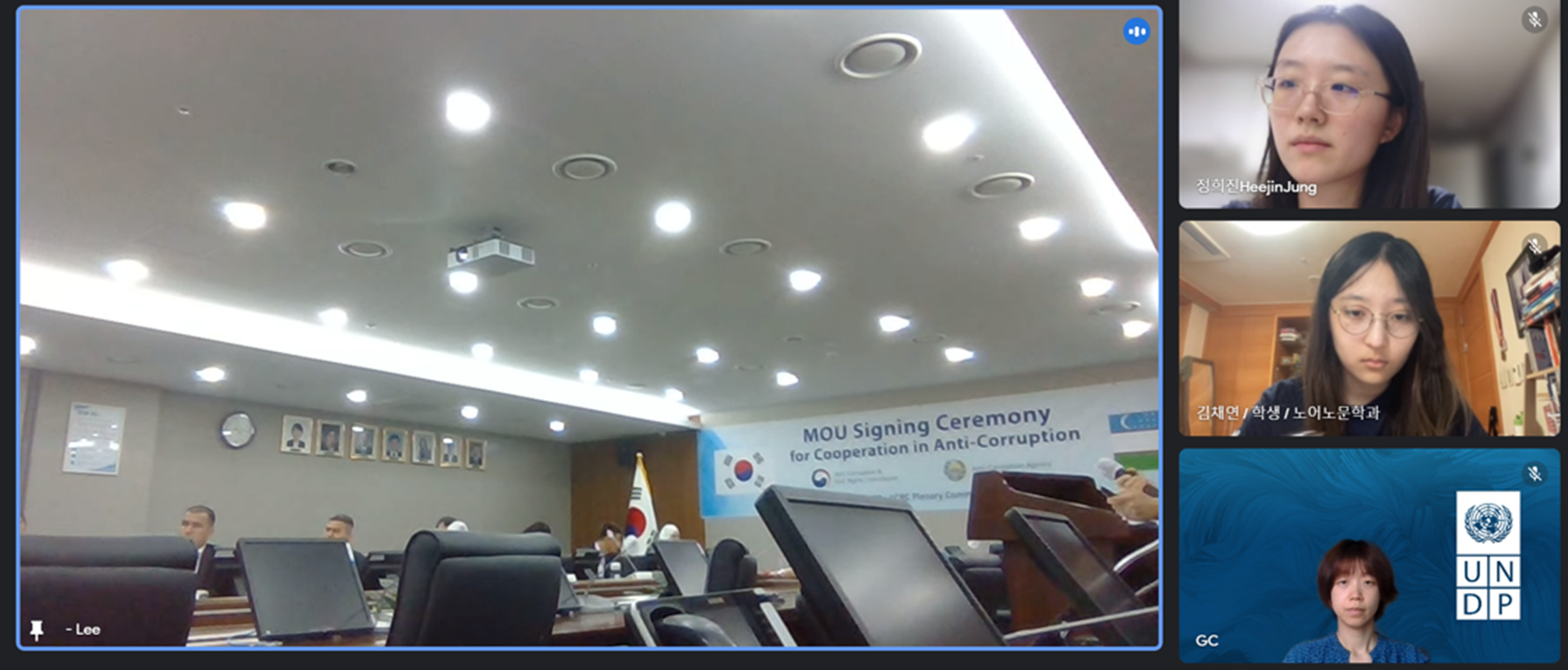
The study visit kickstarted with the signing of a memorandum of understanding (MOU) between ACRC and Uzbekistan’s ACA. The delegation participated in an introductory session to learn about Korea’s anti-corruption laws and policies as well as the overall experience with the Clean Portal platform. Nam Haeng Kim, Deputy Director of the Inspection Planning Division of ACRC, gave a presentation on the three-phases for ACRC to establish the Clean Portal platform, its basic framework and an overview of the experience from the perspectives of the corruption reporters, public organizations and ACRC. The delegation actively raised questions on the allocation of human resources and the detailed process of handling corruption reports. Ms. Kim introduced various legislative and educational measures to ensure the protection of whistleblowers and a timely response to corruption cases.
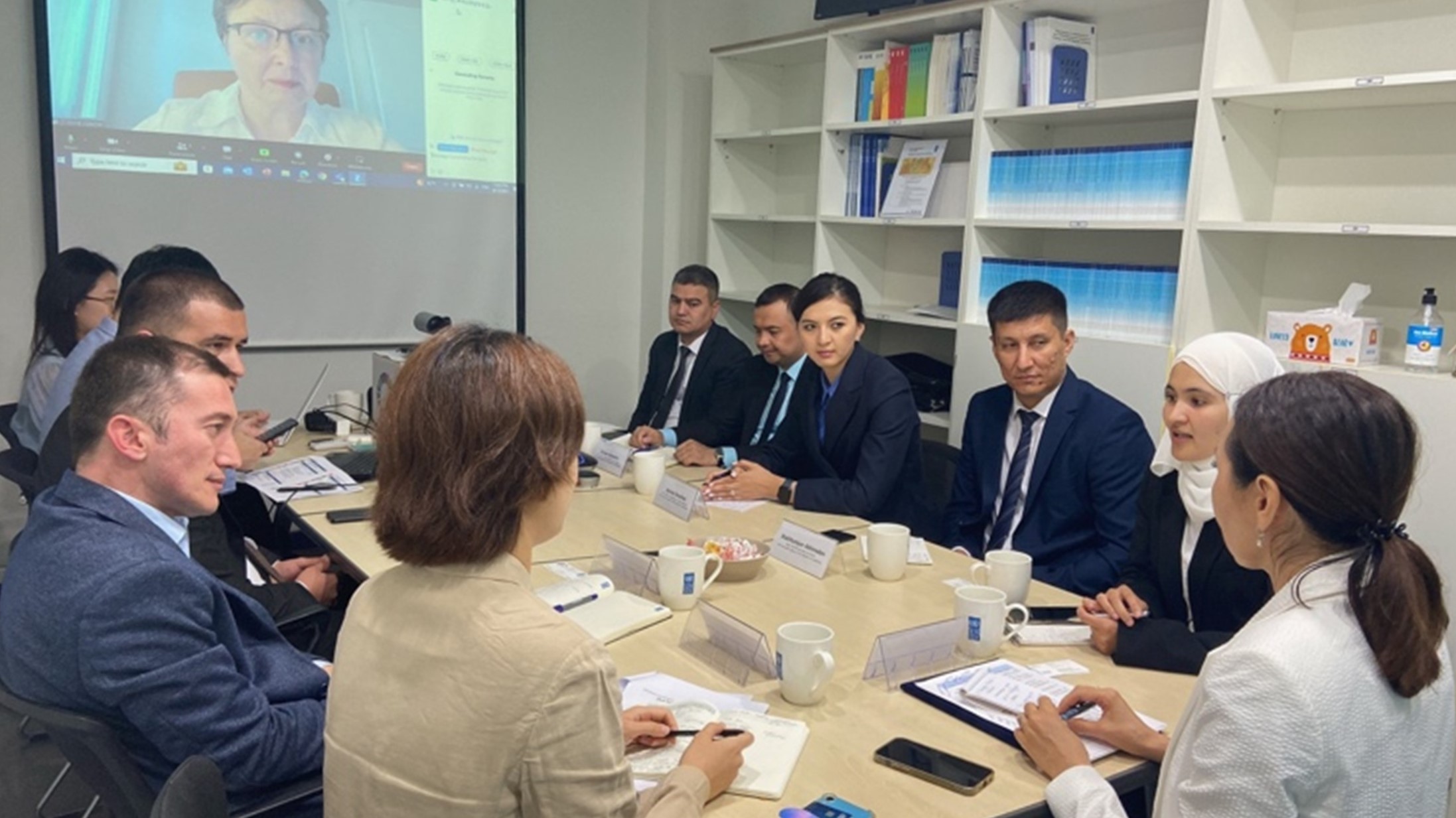
On the last day of the study visit, the delegation visited USPC to exchange final remarks. Anne Juepner, Director of USPC, envisioned a closer collaboration between Uzbekistan and the ROK for a dynamic exchange of knowledge. She further highlighted the importance of ensuring efficient whistleblower protection and the importance of reflecting the perspective of the users when developing the corruption reporting mechanism in Uzbekistan. The delegation was also encouraged to upgrade the existing system and to promote widespread usage of the system by raising public awareness.
Umida Tukhtasheva, Deputy Director of the ACA of Uzbekistan, shared the achievements of the previous project of establishing the Anti-Corruption Initiative Assessment (AIA)-inspired ranking mechanism in Uzbekistan. Over the past three years, the mechanism has ensured transparency and accountability in over 80 government institutions across Uzbekistan with its innovative digital solution that correctly identifies corruption-related challenges and issues. With regard to the Clean Portal-inspired corruption reporting platform, Ms. Tukhtasheva expressed ACA’s commitment to ensure a timely and effective response of the government agencies to any and all reports to ultimately create a culture intolerant of corruption. The study visit served meaningful not only to refine ideas for the adoption of the platform in Uzbekistan but also to further disseminate the lessons learned to multiple countries, thereby bolstering global efforts to combat corruption within the context of South-South and Triangular Cooperation (SSTC).
Gichung Lee, Policy Analyst at USPC, highlighted the importance of a simplified and gradual implementation of the corruption-reporting system with a proper legal mechanism for whistleblower protection going hand in hand from the initial stage of its implementation.
* UNDP Seoul Policy Centre (USPC) shares Korea’s tested-and-proven policy tools with other countries through SDG Partnerships. SDG Partnerships provide a combination of support, including partnership development with Korean institutions, seed funding, technical assistance, and policy advisory services. It utilizes UNDP’s global network of country offices and the policy expertise and know-how of partner organizations.

 Locations
Locations